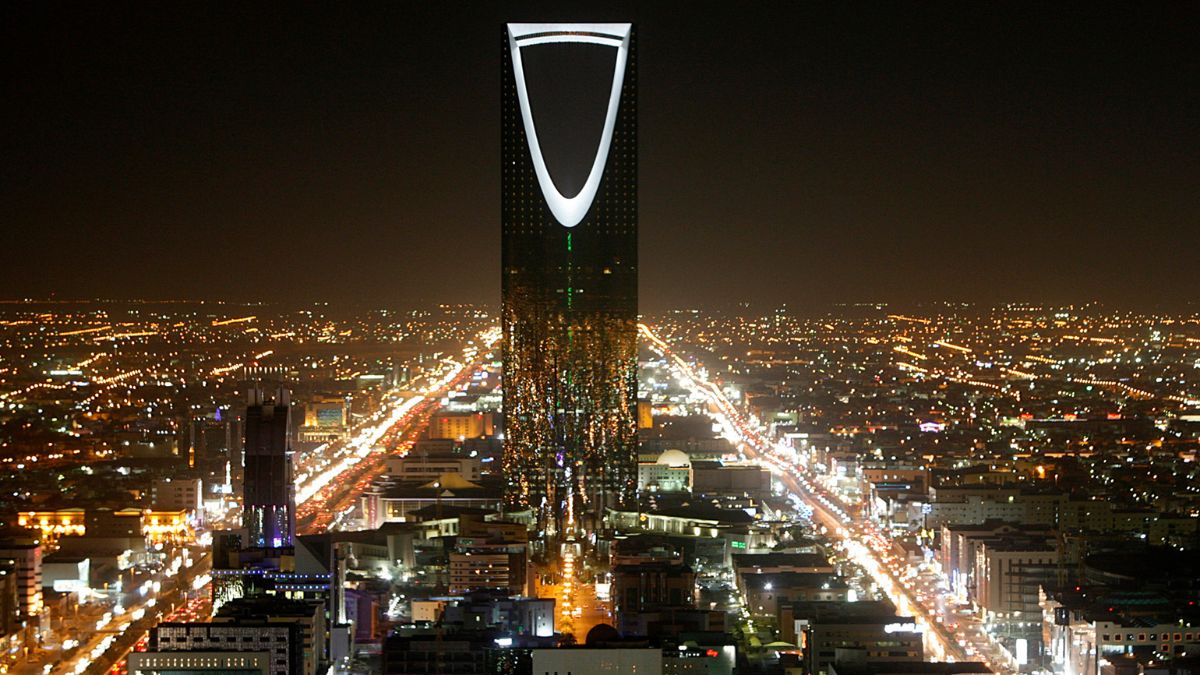Saudi Arabia has put a temporary halt on issuing visas to citizens from 14 countries, including India.
This pause affects the granting of Umrah, business, and family visit visas.
The countries impacted by this decision are Algeria, Bangladesh, Egypt, Ethiopia, India, Indonesia, Iraq, Jordan, Morocco, Nigeria, Pakistan, Sudan, Tunisia, and Yemen.
ALSO READ | How Pakistan’s ‘export’ of beggars has Saudi Arabia seething
In this report, we look at why Saudi Arabia decided to suspend visa services for multiple nations, why India is among them, and how long the restrictions are expected to remain in place.
Why Saudi Arabia has banned visas for 14 countries
The government of Saudi Arabia has introduced travel restrictions to manage the large crowds expected during the Hajj pilgrimage.
Authorities say the step is also aimed at stopping individuals from undertaking Hajj without proper registration. The decision is intended to prevent a repeat of last year’s Hajj tragedy, when a stampede occurred due to extreme heat and the presence of unregistered pilgrims.
Saudi Crown Prince Mohammad bin Salman has reportedly instructed officials to tighten visa procedures, according to multiple media reports.
Under the updated regulations, the last date to apply for an Umrah visa this year is April 13. No further Umrah visas will be issued until the Hajj period ends.
ALSO READ | No children are allowed at Hajj this year. Here’s why
Notably, officials have raised concerns that some foreign nationals were arriving in Saudi Arabia on Umrah or visit visas and remaining in the country illegally to take part in the Hajj in Mecca.
The full list of 14 countries affected by the visa suspension includes Algeria, Bangladesh, Egypt, Ethiopia, India, Indonesia, Iraq, Jordan, Morocco, Nigeria, Pakistan, Sudan, Tunisia, and Yemen.
The Saudi Ministry of Hajj and Umrah has clarified that the move is intended purely as a logistical step to ensure a smoother and safer pilgrimage, and is unrelated to diplomatic matters, The Times of India said in a report.
According to reports, those who are officially registered can continue with their travel plans, as diplomatic, residency, and Hajj-specific visas remain valid.
At the same time, Saudi authorities have warned that anyone performing Hajj without the correct permission or overstaying their visa could face a five-year ban from entering the country.
Why is India on the list?
Notably, India is on the list primarily due to confirmed instances of visa misuse by some people seeking to join the Hajj pilgrimage without authorisation, a concern that Saudi Arabia aims to address through this temporary suspension involving 14 countries.
According to reports, a number of travellers from India and elsewhere entered the kingdom on Umrah or visit visas and then remained beyond their permitted stay to join the Hajj without going through formal registration.
This method avoids the quota arrangement Saudi Arabia has in place, which sets a limit on how many pilgrims can attend from each country.
Officials have held these unofficial attendees partly responsible for the severe crowding and intense heat that led to over 1,200 deaths during the 2024 Hajj.
Since many of these pilgrims do not have confirmed access to accommodation, transport, or medical support, their presence becomes a major challenge for safety and coordination.
When does the ban come into effect? By when will it last?
Saudi officials have announced that April 13, 2025, will be the final date for issuing Umrah visas.
After this point, no fresh visas of this kind will be granted to citizens from the listed countries until the Hajj season comes to an end.
As per various media reports, the suspension is expected to remain in place until around mid-June, coinciding with the end of the Hajj pilgrimage.
What happened in 2024?
During the 2024 Hajj pilgrimage, over 1,200 pilgrims lost their lives after being exposed to severe heat at Islamic holy sites across Saudi Arabia’s desert region.
The Hajj, whose timing follows the lunar Islamic calendar, took place last year amid the scorching Saudi summer.
Every year, tens of thousands of people, who are unable to afford the high cost of authorised Hajj permits, attempt to join the pilgrimage through unofficial routes.
These unregistered pilgrims were particularly vulnerable to the extreme temperatures, as they were not granted access to the cool, air-conditioned facilities made available to the 1.8 million officially registered attendees.
The Hajj has witnessed multiple tragedies over the years, including fires and stampedes. One of the deadliest incidents occurred in 2015, when a stampede during the “stoning the devil” ritual in Mina claimed the lives of up to 2,300 pilgrims.
A 2019 study published in the Geophysical Research Letters warned that climate change would push heat stress levels during Hajj beyond the “extreme danger threshold” between 2047–2052 and again from 2079–2086, with both frequency and severity expected to increase over time.
The Saudi royal family considers hosting the Hajj a matter of immense honour, with King Salman’s official title including “Custodian of the Two Holy Mosques” in Mecca and Medina.
With inputs from agencies


)
)
)
)
)
)
)
)
)



